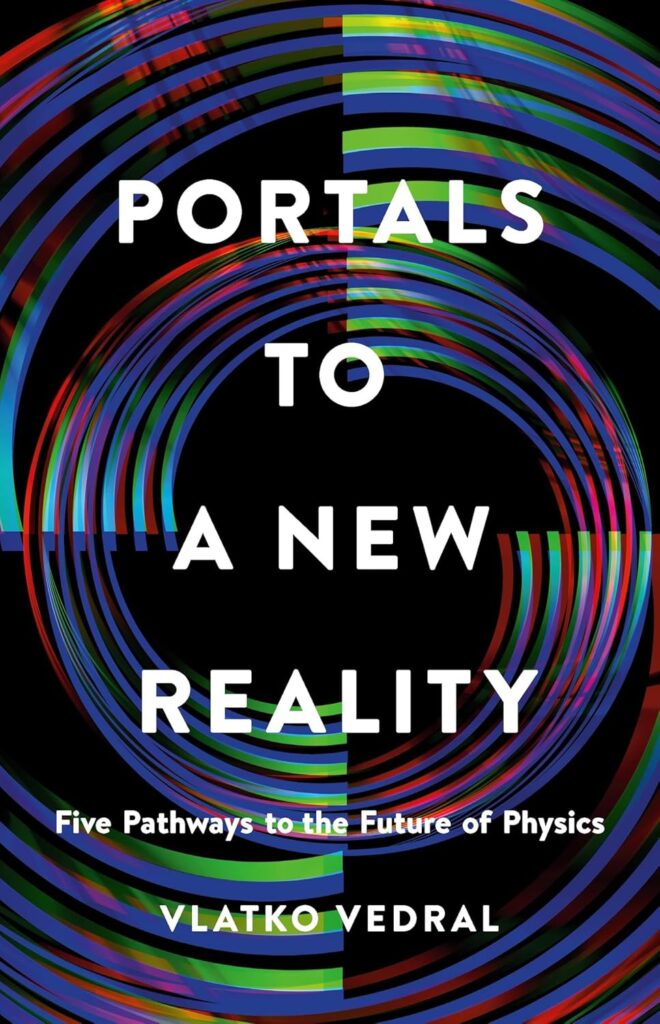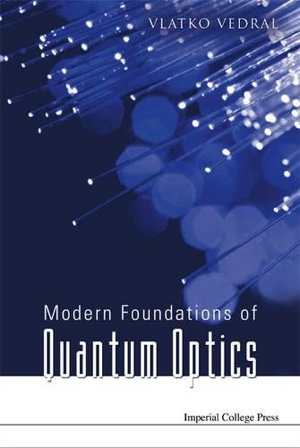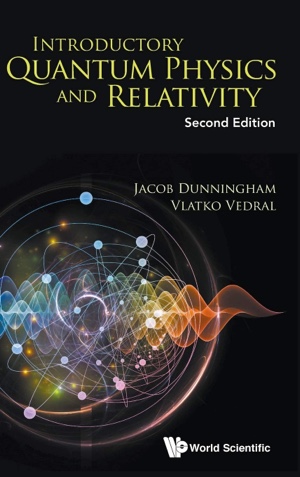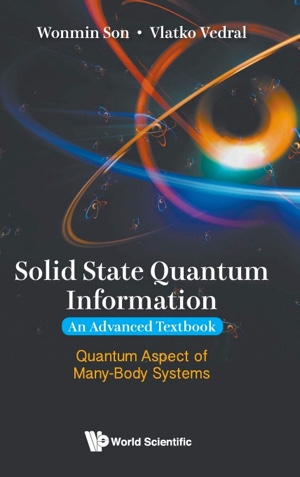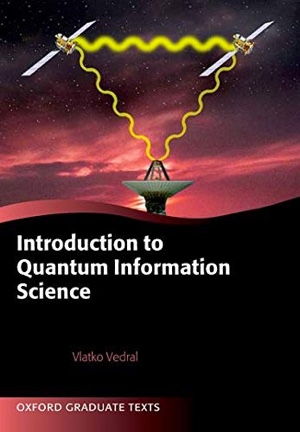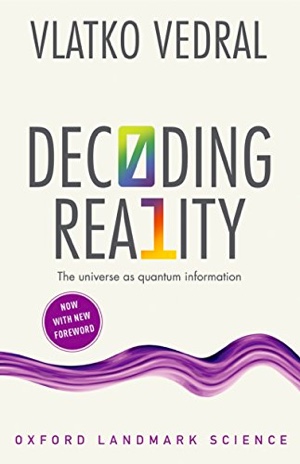Physics Does Not Need Observers
This is not a piece on the philosophy of physics. No, it’s just a discourse within the standard good old physics itself. The claim I’d like to make is twofold. First, nothing in physics, including quantum physics and relativity, requires the existence of observers. This itself might be considered a matter of interpretation (though I will argue against that too). Secondly, however, and more importantly, if one does mistakenly believe to the contrary, namely that observers are crucial in physics, one is likely to draw a countless number of wrong conclusions about various phenomena that physics routinely studies. In other words, the belief in observers will lead you to make mistakes in physics. I illustrate the second point using the misplaced belief in the existence of the quantum measurement problem and, separately, the misplaced belief in the incompatibility of quantum physics with the equivalence principle of general relativity.
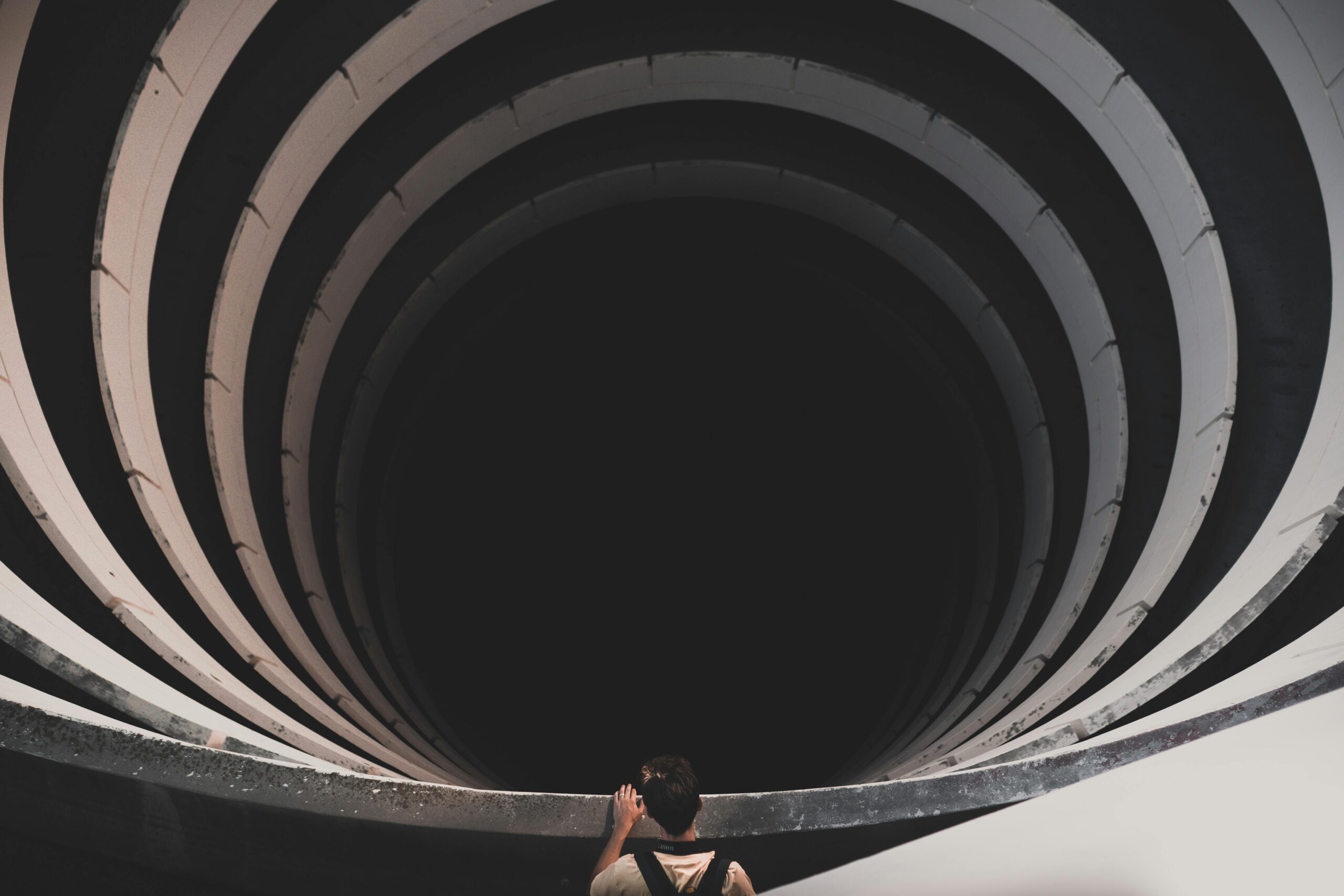
Photo by Cameron Yartz: https://www.pexels.com/photo/back-view-shot-of-a-man-peeking-on-a-spiral-tunnel-5091840/
The reader who is familiar with how we teach physics, and indeed with how some of the pioneering papers in quantum physics and relativity were written, will be baffled by my first claim. Didn’t Einstein talk about an observer on the train and another one outside on the platform, and how they perceive different events as being simultaneous? Also, isn’t the whole point of Heisenberg’s uncertainty principle in quantum physics to put a limitation on what observers can observe and how well they can measure positions and momenta of particles?
Yes, this is indeed how many relativistic and quantum concepts were introduced. But observers are ultimately not needed. Every physical object we study is already a sufficient “observer”, and we need not introduce any extra ones on top. So, any object (say, an atom) undergoing dynamics on a moving train will have its time slowed down with respect to the objects stationary on the platform. These different times need not be recorded by observation or written into the computer memory; it simply suffices to compare the moving and the stationary particles and no other physical objects need to be present (let alone conscious human observers). As a side remark, quantum physics makes this scenario even simpler because a quantum particle could be in a superposition of being on the train and being on the platform! In this case, the difference between times could be inferred by interfering the two branches and, again, no observers are needed for this.
A modern way of talking about special relativity is simply to acknowledge that all our dynamical laws are invariant under the relativistic transformations. Relativity is already encoded into the basic structure of everything and does not require observers to verify it. Every bit of the universe, the micro and the macro, obeys relativity so far as we have tested.
OK. You might grant me that observers are not needed is true for relativity. But how about quantum physics? Surely here, observers are necessary. Aren’t things always in superpositions of different states until observed? That seems to be the key aspect of quantum physics.
Not so. The key aspect of quantum physics is entanglement (Schrödinger called it “the characteristic trait”). When two systems are maximally entangled, neither of them contains superpositions and can therefore exhibit no quantum interference. Let me give you an example. A photon going through two slits will interfere at the detection screen behind the slits. If we observe which slit the photon goes through than no interference takes place. Before you conclude that our observation therefore affects reality (it does, but not in the way most people would like to think), I’d like to say that anything else getting entangled to the photon in a way that reveals which slit the photon goes through will have the same effect.
For instance, if we make the photon going through one slit polarized in a way that is distinguishable to how the photon going to the other slit is polarized, then interference also disappears. So, in this case, one degree of freedom of the photon (its polarization) entangles itself to the path of the photon (i.e., which slit the photon goes through) and this is enough to affect its quantum behaviour and make it behave classically as far as the two slit interference is concerned. In this sense, we should stop saying that observation affects quantum superpositions because it is in fact the right kind of entanglement that does that (and our observations are only one of infinitely many ways of generating that entanglement, but they are nothing exceptional).
Right. I hope that you get a sense of what I am trying to communicate. In fact, it is precisely because we think that physics applies to everything that observers have no special status. Observers are physical systems like any other physical system, no more and no less, as far as physics is concerned. What one must not do is to assume that observers are classical when coupling to quantum systems. If this is done, then all sorts of “paradoxes” follow as I will discuss below.
OK, so it might be that the fact that many people insist on observers is just an innocent interpretational way of talking about things, but surely it can do no harm. Well, it is here that I’d like to make my second point. If one assumes that observers are necessary, one is actually not unlikely to get the basic physics wrong.
Example number one. Quantum physics tells us that when we observe a superposition of a particle in two places, we will detect the particle in one of the two places only. However, and so the complaint goes, the equations of quantum physics do not tell us that there is only one outcome. Therefore (or so the mistaken logic goes), we need to change the dynamical equations of quantum physics to ensure one and only one outcome. This is the usual logic behind the so-called measurement problem.
The fault in this logic is two-fold. Firstly, there is an assumption that only one outcome exists after the observation. Secondly, there is an assumption that only classical observers can guarantee the existence of that one outcome. Both of these are incorrect. After the system under observation and the system doing the observing have interacted, which implements a quantum measurement, they become entangled, and their joint superpositions are still present. There is no collapse into a single world. However, in each branch of the superposition, a single outcome of the observation is “recorded” by the system doing the observing. This is the logic of Schrödinger’s cat experiment. In one branch, the poison kills the cat while in the other it doesn’t, but both exist in a superposition. Within each branch and relative to any system in that branch, to any observers, call-them-what-you-want, in that branch, a definitive outcome (either dead or alive) exists.
Bottom line: quantum mechanics does not need to be augmented by classical observers (or observers of any other kind) in order for us to make sense of all the quantum experiments. Quantum physics already does so by its very logic of entanglement. There is no measurement problem (and the problem only appears when ad hoc entities get added to quantum mechanics).
Example number two. The equivalence principle says that, locally, gravity is indistinguishable from acceleration. An observer (here we go again) in a box without windows cannot tell if he is glued to the bottom of the box because the box is sitting on Earth or because someone is accelerating the box upwards with the acceleration that matches Earth’s gravity! We all agree with this (other than the fact that the said observer in the box could be an apple sitting on a scale which records its weight – and in both scenarios, the weight would be the same).
Now, some people think that there is a problem with this principle in quantum physics. Why? Because, what happens if an object exists in a superposition of two accelerations? How does that feel to an observer? Is it like the average of the two accelerations, and is that the strength of the gravitational field that would be indistinguishable from the average acceleration? I think not and this is where people who invoke observers miss the point badly.
What happens is this. Anyone getting entangled to the particle would experience the acceleration corresponding to each branch. It’s Schrödinger’s cat all over again (it always is). But, and this is an important but, for the two branches to interfere at the end, we need to interfere everything including the observers. Which begs the question: what’s the point of the observer here? By now you know the answer: there isn’t any. So a particle being in a superposition of two accelerations simply obeys the (standard classical) equivalence principle in each branch. And this is the quantum version of the equivalence principle (a formulation I’ve been advocating for a while with my colleague Chiara Marletto).
Of course, there is a lot more to say about all this (there always is). But a blog is a blog. However, if you are curious to read more, I recommend my upcoming book “Portals to a New Reality” (published by Basic Books and Penguin in the autumn this year). It’s written playfully, but it does go in-depth into these very questions.
Conclusion: Observers are physical systems and there is no need to use observers anywhere in physics. Plus, they are a dangerous fiction that frequently leads us astray. In fact, let me finish by saying something even stronger: if observers prove to be fundamental in physics at any point in the future, I’d much rather be a plumber than a physicist.
Sign up to my substack
BOOKS
ASK ME ANYTHING!
If you'd like to ask me a question or discuss my research then please get in touch.
